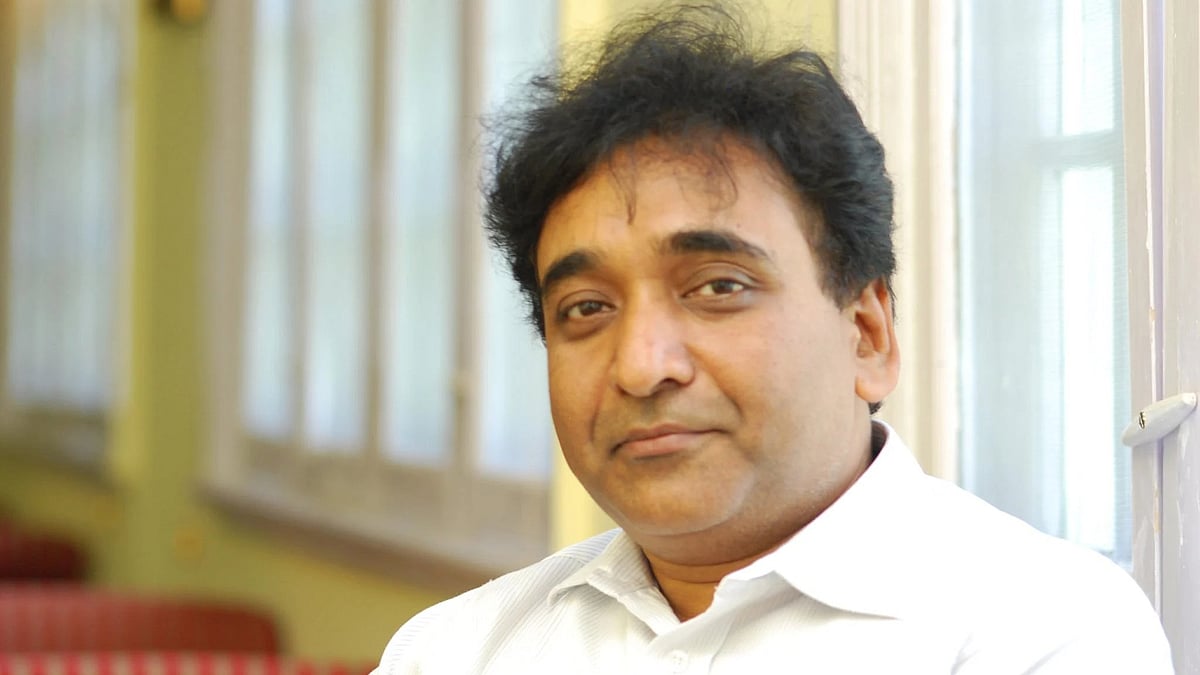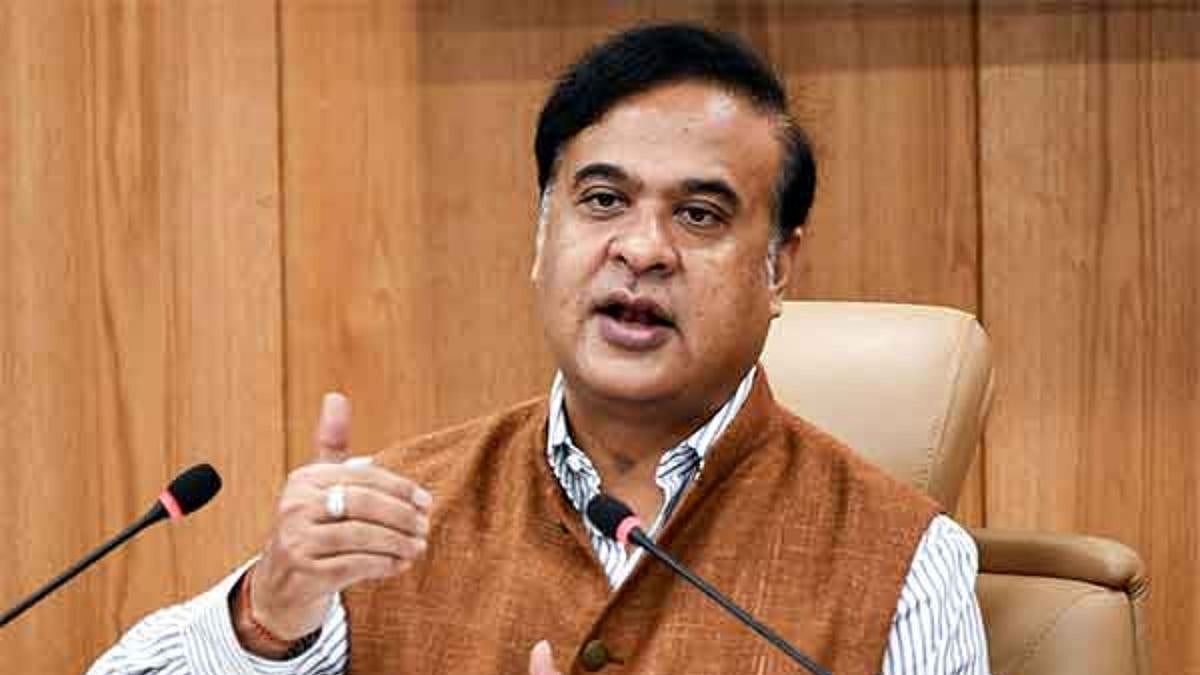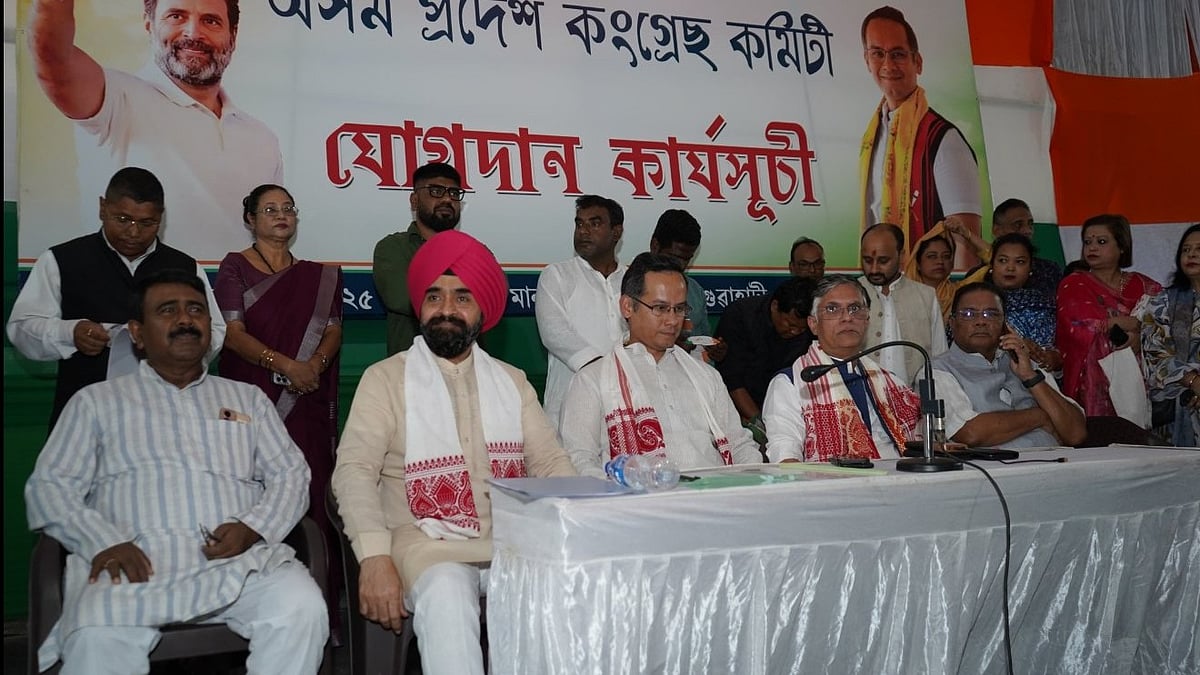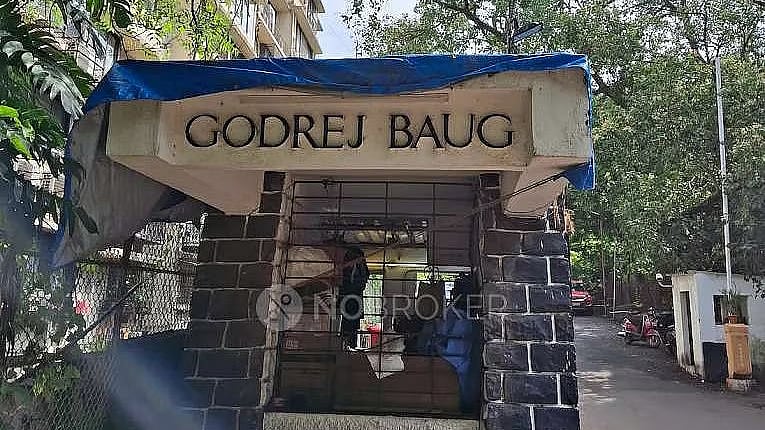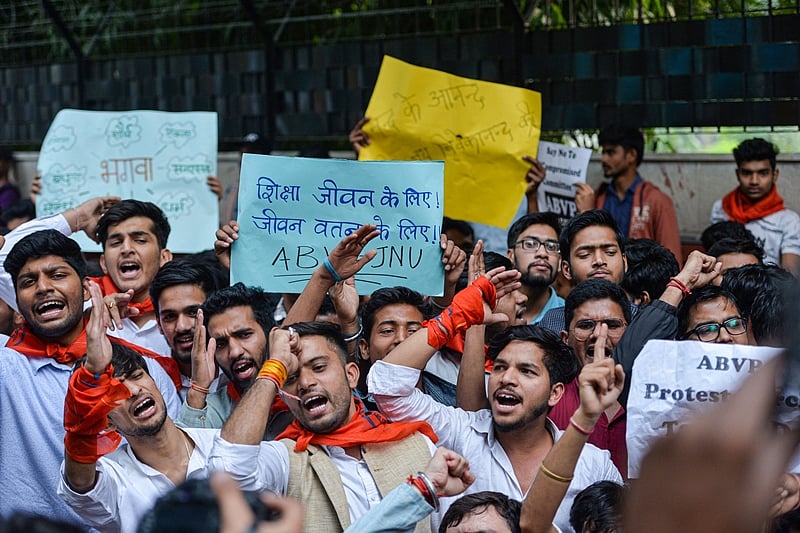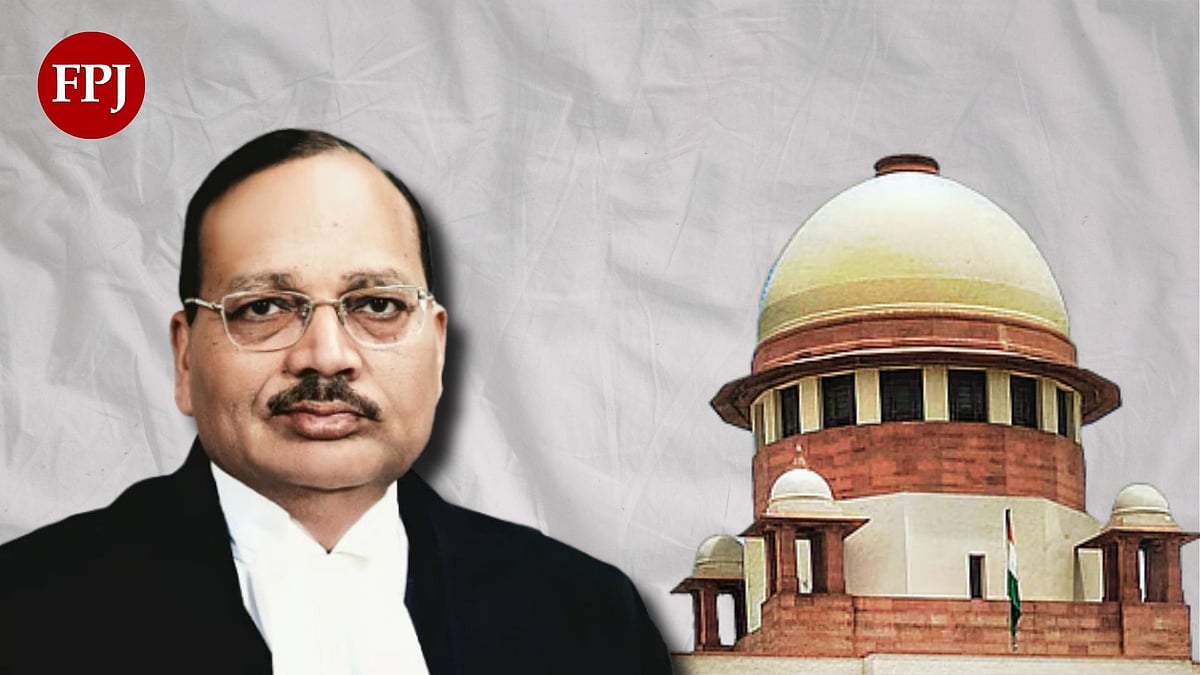It has been several weeks since the students of the Jawaharlal Nehru University (JNU) in the national capital started their protest against the exorbitant hike in fees but the imbroglio shows no sign of ending anytime soon. This is a sad commentary on the state of the education system in the country and even more so as the Times Higher Education rankings of institutions of arts and humanities has this university and Delhi University as the only two from India to feature among the top 500 humanities varsities in the world.
This protest by the students of JNU, which has been supported by the teachers, is not the first and is not likely to be the last. JNU has a history of protest, as whenever there is some injustice, the students, as well as the teachers, speak out against it.
This is not limited to events and actions that affect only the students or the teachers or the non-teaching staff but extends to any injustice that is meted out across the world. That is why when a student was raped, brutalised and left for dead on the roads of Delhi, the JNU community were in the forefront of the protests. This is also why whenever there is a complaint of misbehaviour, the students’ union and the teachers’ association act promptly. That is the nature of the university, or was until some time ago. Everyone was welcome and everyone was made to feel comfortable, even as the highest standards of academics were relentlessly maintained. The whole JNU community worked towards this end. Alas, no more!
The drastic hike in fees is likely to result in about 40% of the students having to leave the university. This would directly violate the principle of inclusivity that the university was founded on and practiced until recently. The fee hike will also lead to JNU becoming a university of the well off as over the years all the not-so-well-off students would be weaned out.
There is a rationale for raising fees and justifiably so. Costs are incurred even while providing education and it would not be right to subsidise this completely at the higher-education level. However, what has gone wrong here is the manner in which it was done.
First, any hike in charges should always be gradual so that people do not find it impossible to bear. Second, any hike should be taken in consultation with the stakeholders, though this might at times draw protests from those having to pay more. Third, those proposing or implementing any hike in charges should also try and find ways and means to reduce costs through other means so that the need to raise fees is kept at a minimum. Unfortunately, reports indicate that none of this was done. The hike is far from gradual. None of the stakeholders, whether the students or the teachers or the non-teaching staff were consulted. The hike was conceived of and sought to be implemented by a select circle within the JNU administration. It is also astonishing that when the university is facing such a shortage of funds, the administration goes ahead with measures that involves unnecessary expenditure such as introduction of the biometric system.
The administration, led by the vice-chancellor, M Jagadesh Kumar, is not doing anything to normalise the situation. Repeated appeals by the students and the teachers for a dialogue to resolve the crisis have fallen on deaf ears. The administration has asked the teachers to help end the imbroglio, not in a meeting with them but through a public appeal. One wonders how the teachers are to convince the students about anything, when they themselves have not been extended the courtesy of a meeting with Kumar to understand the necessity of such an action.
The government has set up a three-member panel that is tasked to bring the situation under control. The panel has met with the deans of all the schools, the students and the teachers, all of whom have presented their points of view. The panel had said that their report would be given by last Monday, but there is no news as of now.
Meanwhile, the vice-chancellor’s high-level committee (HLC), late on Monday night, filed its report and recommended a further reduction of 50% in the proposed charge for utilities. The JNU circular says that “the recommendations of the HLC have been approved by the executive council through circulation”. However, teachers claim that the three elected teacher representatives in the executive council were not asked for their approval. What the latest circular put out by the JNU Registrar, Pramod Kumar, close to midnight also shows is that there was no need for such a drastic hike in fees in the first place. Besides, even after the second revision announced through the circular, the hostel charges would increase by as much as Rs 1,500 per month. This is not a small sum to pay for a large section of the student community and would thus, if adopted, force many students to discontinue their studies. About 75% of the students of the university are provided scholarships ranging from Rs 2,000 to Rs 8,000 a month, according to figures put out by the vice-chancellor himself.
It is also interesting that, despite the massive protests that have been going on for several weeks, the varsity administration has not deemed it fit to include either the students or the teachers who guide them and thus interact with them every day, in the consultation process.
That the administration has been arbitrary in its action is evident from the fact that people from several political parties, including Sitaram Yechury, Rajeev Gowda, and Chandrashekhar Azad Ravan, as well as representatives of the All India Institute of Medical Sciences (AIIMS) Resident Doctors Association, the AIIMS students union, as well as several former presidents of the university’s students union joined the protest march taken out by the students to fight the fee hike and the manner in which it was done. They were also joined by representatives of several other students’ organisations, women’s bodies and the Delhi Parents Association, as well as other citizens of the National Capital Region.
The situation has come to such a pass that the Jawaharlal Nehru University Teachers Association has threatened to initiate proceedings for his removal if the vice-chancellor does not step down himself. The government and the vice chancellor that it has appointed need to wake up fast and resolve the issue so that the atmosphere in this prestigious university can return to normal. The presence of hundreds of police personnel at every gate of the varsity is not a sight that speaks of academic excellence but rather that of a war zone. That is unfortunately what JNU has become of late. This needs to change forthwith.
The writer is a senior Bengaluru-based journalist. Syndicate: The Billion Press

